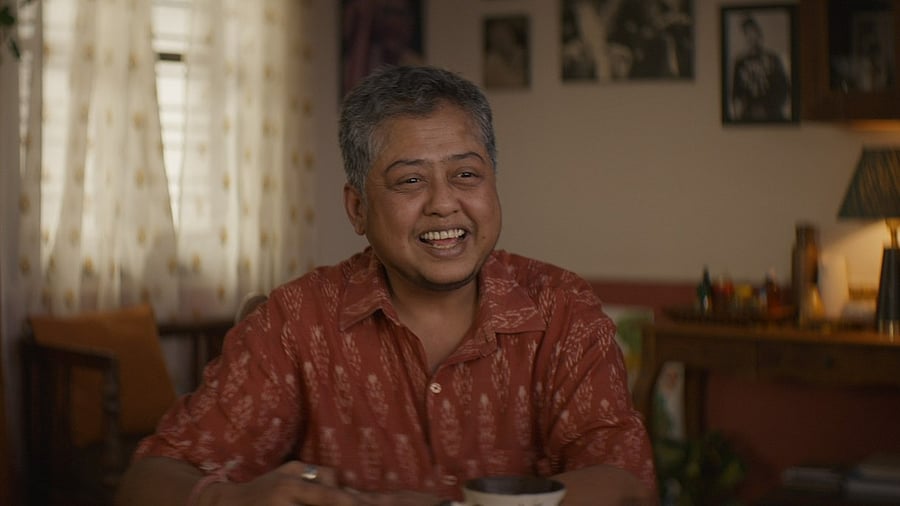
Rumi Harish in 'In Transit'
Credit: Special Arrangement
Nine voices from different corners of India, share their stories of struggle and resilience as they seek acceptance in a society that refuses to see beyond gender boxes.
Some have already broken free from binary labels, stepping beyond he/she constraints, while others are just beginning to find their place in the ever-expanding rainbow of identities.
‘In Transit’ is a compelling docuseries about a diverse group of individuals trapped in the “wrong” bodies. From Bengaluru to Mumbai to Agartala, it explores the emotional and societal challenges of a few crusaders across the transgender spectrum.
“Gender is a human construct... it feels nice to be genderless,” says Rie, a Dalit trans woman who came out as non-binary at 17.
For Rumi, assigned female at birth, classical music was both a gift and a burden. She performed at concerts from the age of 13 to 34, yet in her mind, she always heard a male voice.
But for Maharashtrian trans woman Madhuri, figuring out where she fit within the LGBTQIA+ umbrella wasn’t easy. In the end, she embraced the ‘T’.
Another was subjected to shock treatment at a hospital in an attempt to make him “straight”. His family reinforced the trauma, making him feel that he “deserved” the abuse and violence.
The strength of ‘In Transit’ lies in its raw, unscripted approach. Director Ayesha Sood allows the protagonists to guide viewers through their personal journeys — an interview without questions.
Amid unedited tears and forlorn gazes, hope persists —
like the NALSA judgment that recognised transgender persons as the third gender. Anubhuti Banerjee, a trans corporate professional, acknowledges its significance. Yet for Saher, who has cycled through 13 jobs in a year, societal acceptance remains a distant goal.
Whether a drag performer or a clinical psychologist, the search for belonging continues for these wonderful yet vulnerable individuals — a heartrending chronicle.